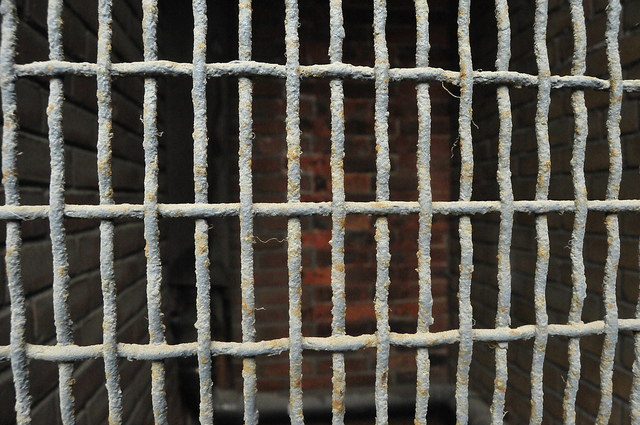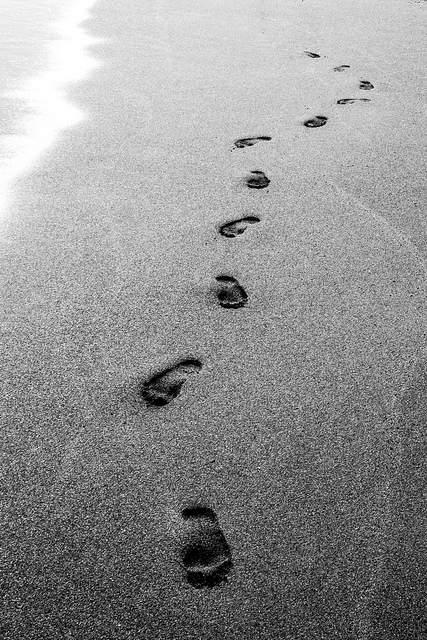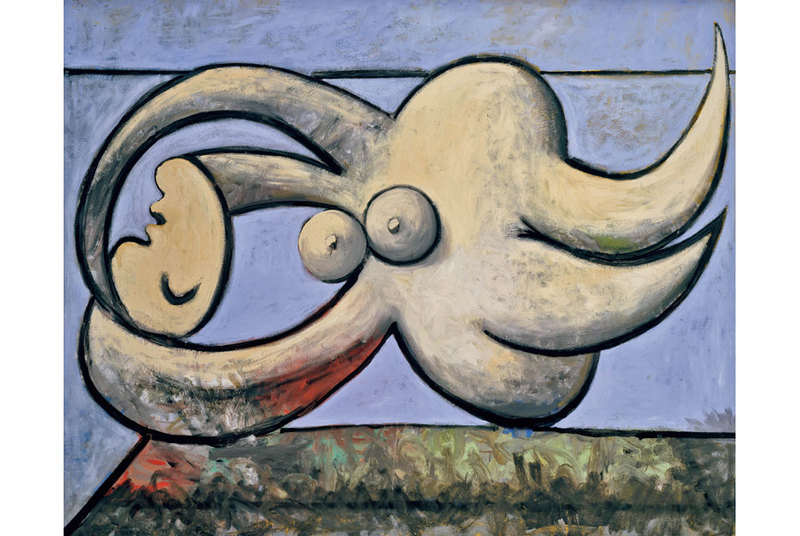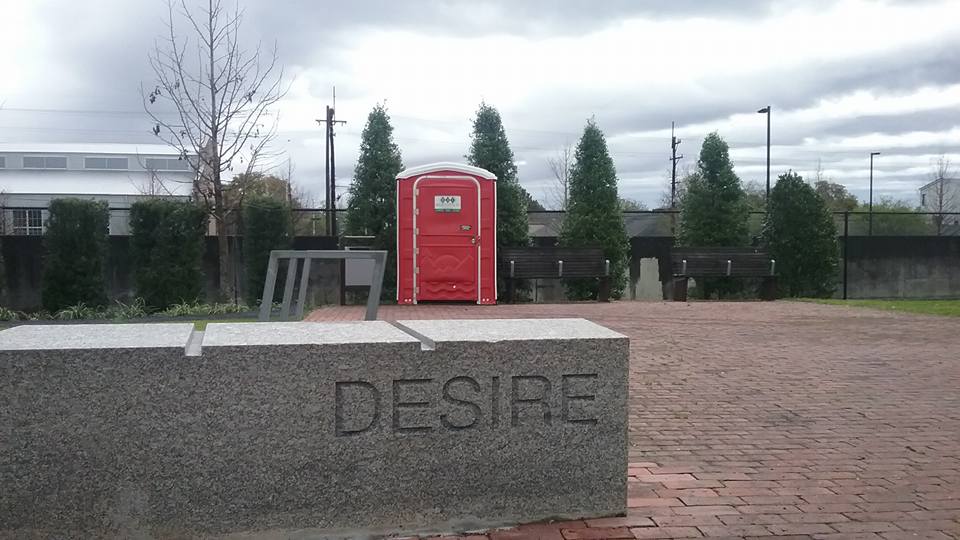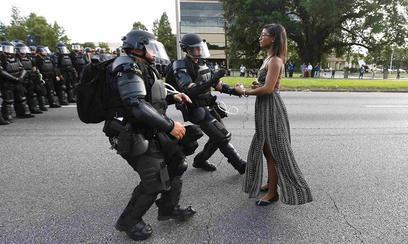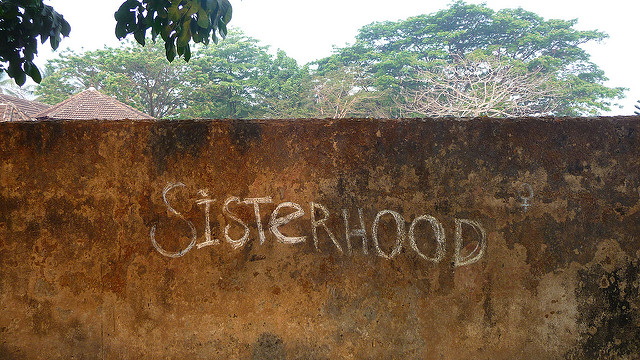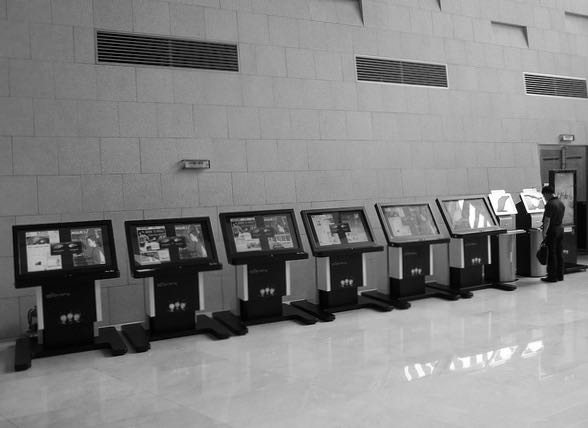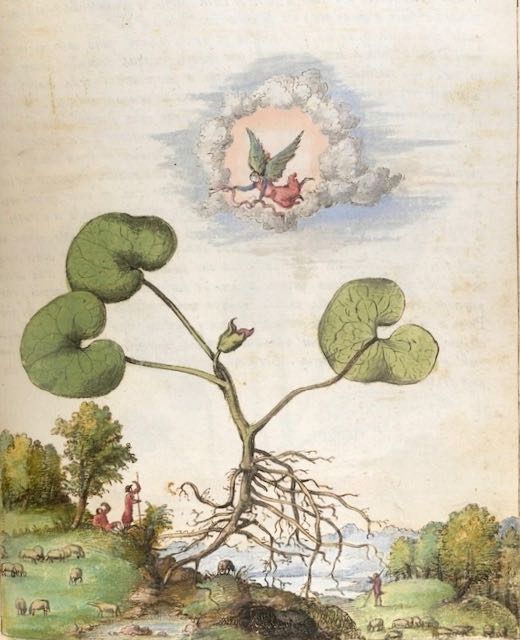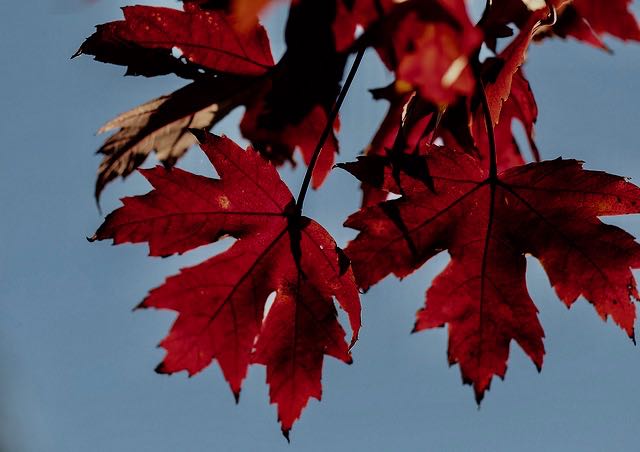Where the dem things were
By Cheryl Caesar
The day Don wore his Shutdown Mantle
and made mischief of one kind
and another
the Washington Post called him “BOTTOMLESS PINOCCHIO!”
and Don said, “I’LL SHUT DOWN THE GOVERNMENT!”
so he went off to bed with 2 Big Macs and Fox and Friends.
That very night in a junk food and Adderall crash
some green turf grew
and grew
and grew until his room became the Bedminster golf course
with undocumented workers standing all around
and a golf cart puttered by just for Don
and he puttered off through night and day
and in and out of weeks
and almost, dear God, two years
to where the dem things were.
And when he came to the place where the dem things were
they roared their terrible facts and gnashed their terrible stats
and showed their terrible logic and literacy skills
till Don said, “NANCY CAN’T TALK SHE’S A GIRL!”
and tried to tame them with his magic trick
of stamping and sulking and shouting over them
but they weren’t frightened of him and Chuck laughed at him instead of ganging up, boys against girls. NOT FAIR!
“And now,” cried Don, “let the Tall Wall be built!”
“Oh, stop,” said Chuck and Nancy, laughing.
“You’re acting like a clown!” “I don’t care!”
“We can’t shut the country down!” “I don’t care!”
“Don’t hunch sulking in your chair!” “I don’t care!”
“Is that syrup in your hair?” “I don’t care!”
“I would think that you could see – “I don’t care!”
“your ass is where your head should be.” “I don’t care!”
So the dem things left him there.
They wouldn’t build walls anywhere.*
And Don stomped into the antechamber and threw his magic blank papers on the floor and had a wild rumpus all by himself.
But Don the King of the Tall Wall, Tariff Man, was lonely and wanted to be where everyone shouted “Lock her up!” “ICE!” and “Build the wall!”
Then all around from far away across the world
he smelled Big Macs and KFC
so he gave up trying to be king of where the dem things were.
And the dem things cried, “Oh, won’t you go—
we’ll vote you out – we loathe you so!”
And Don said, “No!”
The dem things went out and talked to reporters
and laughed with their terrible facts and terrible stats
and terrible logic and literacy skills and new names for Don
but Don stepped into his private golf cart,
muttering, “I’ll be back,”
and puttered back over two (endless) years
and in and out of weeks
and through a day
and into the night of his own room
where he found his Big Macs waiting for him
and they were still hot.
Fox and Friends were starting to cool down, though.
*Sorry, wrong Sendak.
Cheryl Caesar lived in Paris, Tuscany and Sligo for twenty-five years; she earned her doctorate in comparative literature at the Sorbonne and taught literature and phonetics. She now teaches writing at Michigan State University. She has published her poetry and translations of Jean Tardieu’s in Blackberry, The Coe Review, Labyris, The Wayside Quarterly, Stand and The Dialogue of Nations.

